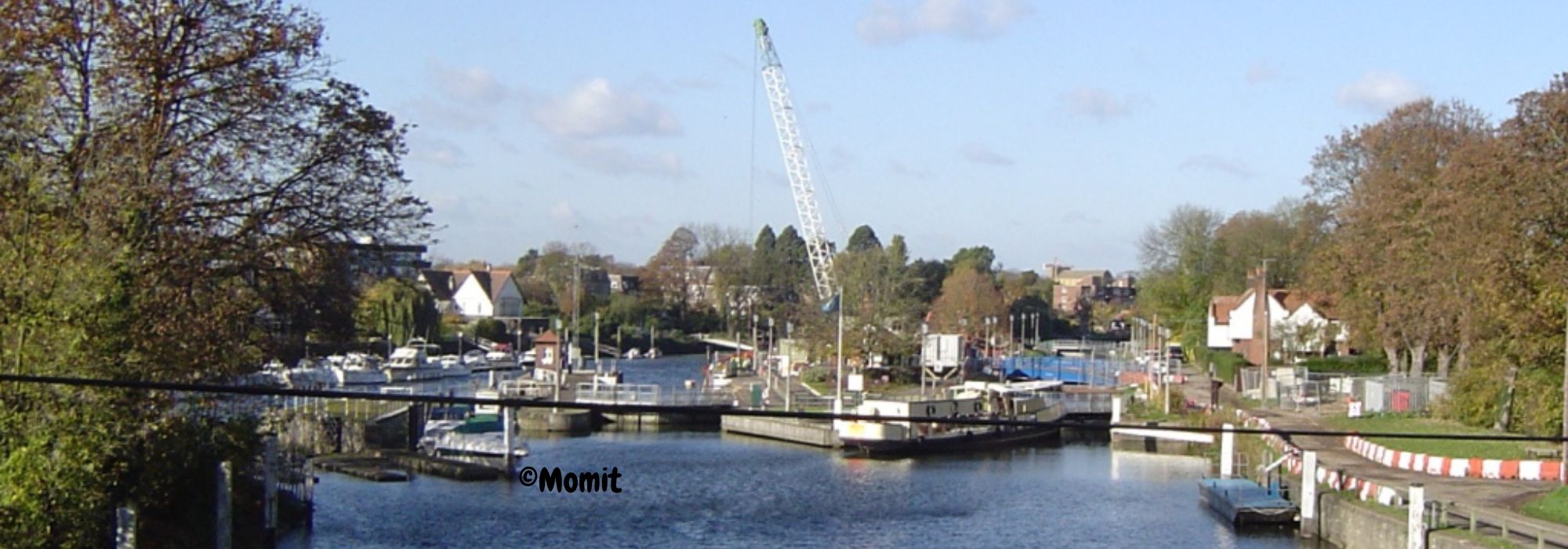Thames21’s response on Thames Water’s river abstraction plan at Teddington
Commenting on the plan, Thames21 Head of Improving Rivers John Bryden said: “We are highly concerned about these plans to abstract up to 75 megalitres per day from the Thames above Teddington Weir and replace it with treated wastewater from Mogden Sewage Treatment Works.
“This plan will increase the pollution load in the river. The problem is that even at an extremely low discharge concentration, the wastewater will increase the overall load of pollution within the river. This load then increases the chances of eutrophication events, which results in the formation of algal blooms. When these algal blooms die, they are decomposed by bacteria, which can remove oxygen from the water. This threatens ecological stability and water quality, which can results in fish kills and damages river health.”
“These plans will operate in the river from July to November when the river is at its least resilient and potentially most stressed because of low flows and high temperatures. A combination of the latter factors, along with an overabundance of nutrients (primarily nitrogen and phosphorus), will accelerate eutrophication and increase the likelihood of dissolved oxygen crashes and resultant fish kills.
“The regulations that are the remit of the Environment Agency focus upon concentration of sewage pollutants, rather than at the overall pollutant load in the river, which is one of the issues that we are concerned about.
“We are fully aware of the increasing population and development plans in the Thames Basin leading to increased demand for water supply. However, there needs to be more public understanding of the other options available, and why they aren’t considered suitable before we go down this route. We are also are keen to understand what the proposed mitigation measures are.
“This stretch of river is regularly used and treasured place for swimmers and families and could potentially be viewed as a site for future bathing water status. So, it is imperative that this stretch of river is kept healthy for people and for wildlife.
“Elsewhere, we understand that a full environmental impact assessment is currently being undertaken about the abstraction plans. As part of this assessment, we would also urge Thames Water to carry out specific tests on persistent organic pollutants or for “forever chemicals”, polyfluoroalkyl substances (PFAs), such as hormones and antibiotics that have been shown to cause irreparable changes in fish. We call on Thames Water to publish this as soon as possible.
“Thames21 would advocate the ‘Chalk Stream First’ policy. This is a proposal to reduce abstraction from the chalk streams in Chiltern. Reducing abstractions from the chalk streams in Chiltern will allow more water to flow to Teddington. In essence, removing these abstractions will allow flows to recover and send more water downstream to the lower Colne. This will then allow Thames Water to take this additional water from the lower Thames instead and pump it to supply settlements in the Chilterns that are currently served by groundwater water abstraction (i.e Chiltern).
“Secondly, serious conversations need to be had about significantly reducing the amount of leakage from Thames Water’s (and other water companies’) assets.
“Thirdly, much more effort needs to be made to reduce water consumption by people and businesses throughout the area. Current water uses are far too high and unsustainable! This should include financially rewarding customers who use a sustainable amount of water through reduced bills.
“Lastly, we need to start collecting and using rainwater to supply non-potable water and this should be integrated into new developments in water stressed areas such as the Southeast of England.”
